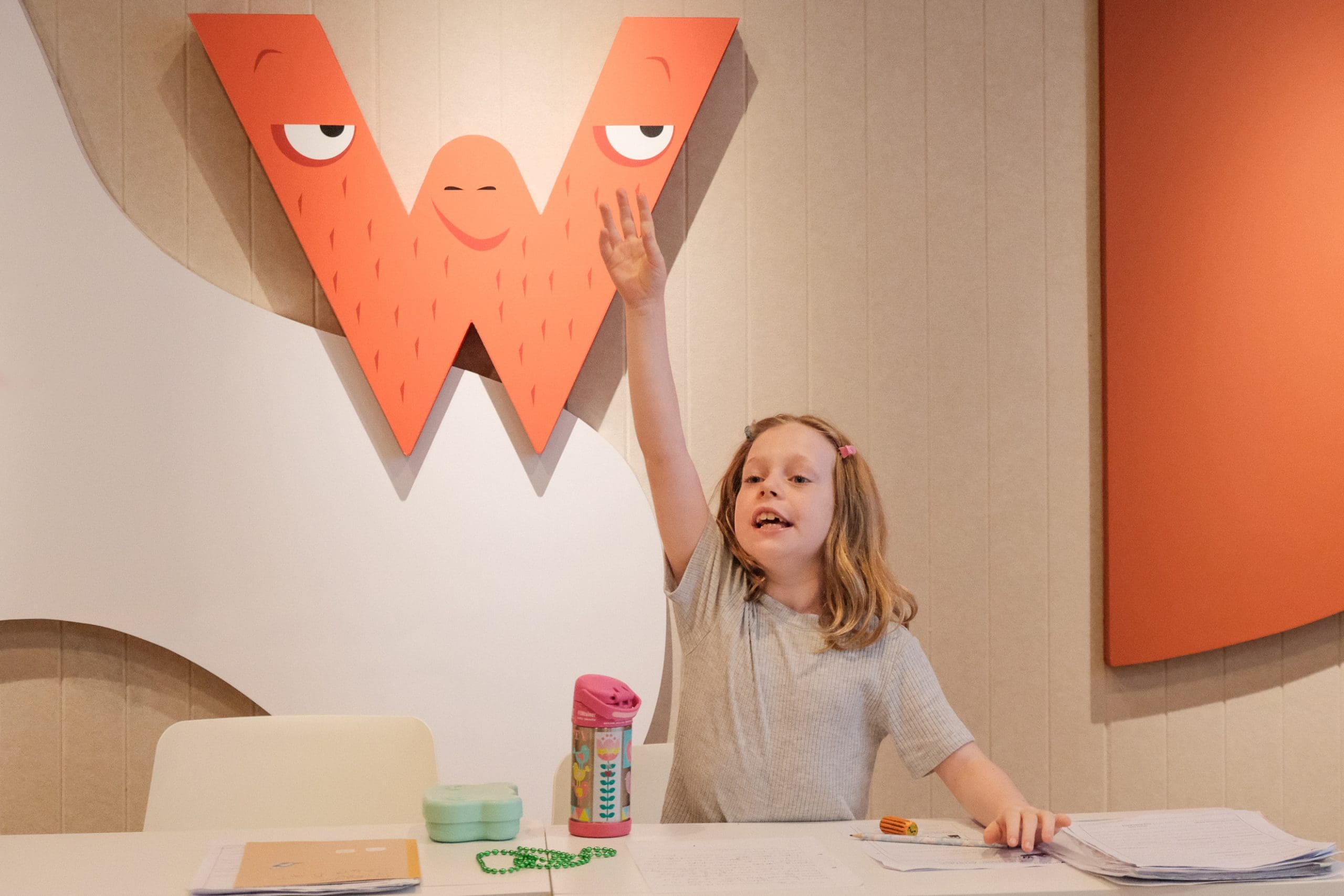
A Blog by Wonderlit
Return to our website here for more information about Wonderlit and our programmes
Return to our website here for more information about Wonderlit and our programmes
Return to our website here for more information about Wonderlit and our programmes
Part 1: The Zone of Proximal Development
What’s the Zone of Proximal Development?
While it’s tempting to dive headfirst into challenging situations, a gradual approach is often the most effective. After all, you wouldn’t expect a child to become a master swimmer by throwing them into the deep end of the pool without any guidance. Similarly, taking incremental steps is crucial when tackling stage fright.
Well, that’s what renowned psychologist, Lev Vygotsky, felt too. He proposed that the best situation for learning and development took place in what he called, “the Zone of Proximal Development (ZPD)”. His theory developed in the early 1900s is still used and taught to educators worldwide to nurture growth in their students. To explain it, have a look at the diagram below:
| Different Zones |
|---|
| (Zone 1) What your children can do without any support or guidance? |
| (Zone 2) The zone of proximal development |
| (Zone 3) What your children cannot do? |
Zone 1 represents situations where individuals can perform tasks independently, without any support or guidance. In the context of stage presentations, this could involve practicing in front of close family, friends, or trusted teachers. While comfort is found here, dwelling solely in this zone may breed complacency and hinder further progress.
On the opposite end, Zone 3 represents situations where individuals are entirely unable to perform certain tasks due to their complexity or overwhelming nature. For instance, asking children to deliver a presentation on an advanced topic beyond their current knowledge or presenting to a large audience of hundreds (which can be daunting even for some adults).
The sweet spot lies in Zone 2, the Zone of Proximal Development. Here, individuals require some level of assistance from a mentor or supportive figure to overcome challenges, but these challenges are not excessively overwhelming or demanding. This zone provides the ideal balance for growth, allowing individuals to expand their capabilities while feeling supported and empowered.
So, How Does This Help My Children?

With this understanding of the ZPD, we can takeaway a few pointers on helping children with their stage fright:
Part 2: Some Ideas for Dealing with Stage Fright
Expose to Stage Experiences

In Part 1, we discussed how it is important to keep your children within their ZPD. This is the area where your children feel challenged but safe. With this in mind, by gradually exposing your children to increasingly higher-pressure situations, you can help your children to conquer their stage fright in manageable steps.
You can start by encouraging your children to share about their day or express their thoughts and opinions in regular conversations. This helps them become comfortable with expressing themselves verbally and builds their confidence in communicating with others.
Once your children feel more at ease with everyday conversations, you can encourage them to showcase their talents to a small audience of family or close friends. For example, they can perform a song they have been practicing during their piano class or recite a poem they have learned. This allows them to experience performing in a more structured setting while still being surrounded by familiar faces.
Joining speech and drama, performing arts or public speaking programmes can be a natural next step on their journey to conquering stage fright. These programmes provide a supportive and nurturing environment, filled with peers who are also on a similar path of overcoming stage fright. Engaging in such programmes allows children to learn from one another, share experiences, and gain valuable insights from their fellow performers. From here, the sky’s the limit!
Practice, Practice, Practice

The power of practice cannot be overstated when it comes to overcoming stage fright. It’s not just about going through the motions; it’s about putting in the time and effort to rehearse your children’s performance or speech multiple times. Encourage them to embrace the process by immersing themselves in the material, understanding the nuances, and internalizing every aspect of their presentation. As they become more familiar with their content, their confidence will grow, and the fear of the unknown will gradually dissipate.
Children can take practising to the next level by incorporating interactive elements. Parents can encourage their children to rehearse in front of a mirror, observing their gestures, facial expressions, and body language. The mirror becomes a trusted ally, reflecting not only their physical presence but also their self-assuredness.
Another technique is to record their practice sessions. By capturing your children’s performance on video, they can better evaluate their delivery and make refinements, ensuring that their message is conveyed effectively. These visual feedback methods provide invaluable insights and help your children fine-tune their presentation with greater precision and confidence. Remember, practice isn’t just about repetition; it’s an opportunity for growth, self-discovery, and empowerment.
Create a Supportive Environment

Stage fright often stems from fear of judgment and performance anxiety. By providing emotional support, parents can help alleviate these fears. By creating an atmosphere of unconditional love and acceptance, children will feel safer and more encouraged to take risks and face their fears without fear of judgment or criticism.
Parents can encourage their children to express their feelings about stage fright, actively listen to their concerns, and validate their emotions. By providing a safe space for their children to share their fears and anxieties, children will better feel supported and validated when facing their concerns or worries.
Constructive conversations about performances can further contribute to a supportive environment. Parents can engage in discussions with their children, offering well-meaning feedback and suggestions for improvement. This approach allows parents and children to work together as a team, identifying areas that can be worked on collaboratively. By fostering this collaborative spirit, parents can instil a sense of partnership and with it, the belief that with practice and support, stage fright can be overcome.
Final Thoughts
When it comes to helping children overcome stage fright, many speech and drama or public speaking programmes recognize the significance of operating within the Zone of Proximal Development. These programmes are designed to keep students engaged and challenged, while still ensuring they feel safe and supported.
At Wonderlit, we are committed to guiding your children on a transformative journey towards becoming confident and effective communicators. Our Speak (Public Speaking) and Perform (Speech & Drama) programmes are specifically tailored to equip your children with the necessary skills to communicate clearly and fearlessly, skills that will benefit them throughout their lives. Beyond communication, our programs also foster critical thinking, enabling your children to present their thoughts confidently and coherently. Discover more about our programmes by reaching out to us or speaking to our dedicated Programme Consultants at 6980-5670 (call/WhatsApp). Together, let’s empower your children to conquer stage fright and embark on a lifelong adventure of self-expression and growth.






Wonderlit is a creative enrichment space that offers a boutique experience tailored to nurture and develop children through their formative years to become accomplished readers and confident communicators.
Follow us
info@wonderlitworld.com
+65 6980 5670 (Call/Whatsapp)
Wonderlit is a creative enrichment space that offers a boutique experience tailored to nurture and develop children through their formative years to become accomplished readers and confident communicators.
Follow us
info@wonderlitworld.com
+65 6980 5670 (Call/Whatsapp)